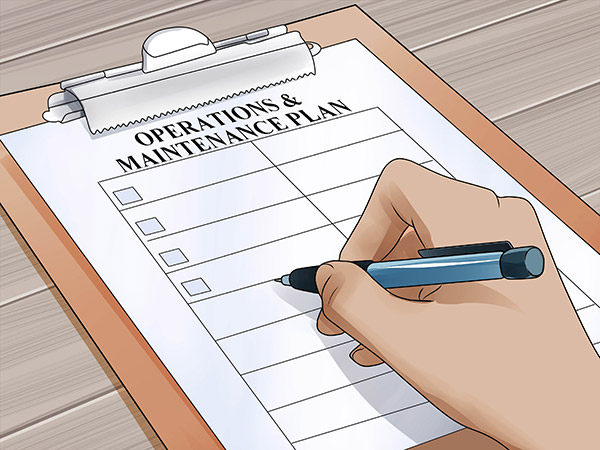WorkSafe NZ identifies asbestos exposure as the leading cause of death from workplace related disease. In line with their plan to reduce workplace related health risks the new asbestos regulations come into effect April 4th 2018.
One of the important requirements under the new Health and Safety at Work (Asbestos) Regulations 2018 mean if you own or occupy a building which contains asbestos you must have a management plan by that date.
The plan must include information about the following:
- The identification of asbestos or ACM
- Decisions, and reasons for decisions, about the management of the risk arising from asbestos at the workplace
- Procedures for detailing incidents or emergencies involving asbestos or ACM at the workplace
- The workers who carry out work involving asbestos, including:
- information and training that has been, and will be, provided to the workers,
- roles and responsibilities of the workers,
- any health monitoring of the workers that has or will be done.
The PCBU must make sure that a copy of the plan for the workplace is available to:
- a worker (or their representative) who has carried out, or intends to carry out work at the workplace, and
- a PCBU that has required, or may require work to be carried out at the workplace.
From 4 April 2018, the PCBU that manages or controls a workplace that has an asbestos management plan must make sure that the plan is reviewed and, if necessary, revised if:
- there is a review of a control measure
- asbestos is removed from, or disturbed, sealed, or enclosed at, the workplace
- the plan is no longer adequate for managing the asbestos or ACM risk at the workplace
- a representative requests a review as detailed below
- five years have passed since the plan was last reviewed.
A representative for workers may request a review of the plan if they believe that:
- any situation mentioned above affects or may affect the health and safety of a member of the work group they represent, and
- the PCBU that manages or controls the workplace has not adequately reviewed the plan in response to the situation.
Buildings, both commercial and residential, constructed or altered between 1940 and 2000 can often contain asbestos or Asbestos Containing Material (ACM), buildings post 2000 less likely.
Businesses who suspect they may be operating in such premises would be wise to get a survey conducted prior to next April.
If no asbestos or ACM is found, simply document the fact and file the report for future reference.
In the case asbestos or ACM is discovered a management plan needs to be created and implemented.
If there is any suspicion that asbestos is in the air environment of the workplace or if asbestos removal occurs, air monitoring must be implemented. At the moment any ‘competent person’ can perform this task, but after April 4 2018 it must be a licenced asbestos inspector.
Until now, individuals needed a license or a Certificate of Competence (CoC) to remove asbestos. Now it’s the company’s responsibility to hold a license, not an individual person. If your license or CoC expires before April 4th 2018, your company will need to apply for a license.
Under the new legislation, a Class A company licence means you can dispose of both friable and non-friable asbestos, while with a Class B license you can only remove non-friable material.
If you require a Class A licence to do your job, Worksafe New Zealand will need to see a “Certified Safety Management System.” They need to make sure that everyone who handles asbestos knows what they are doing, and you have proper systems and processes in place for disposing of hazardous material.
Used sources:
https://www.employers.co.nz/asbestos-regulations-newsletter-aug2017-newsitem.aspx
http://www.ohsconsultants.nz/single-post/2017/05/03/Are-You-Up-To-Date-With-Asbestos
